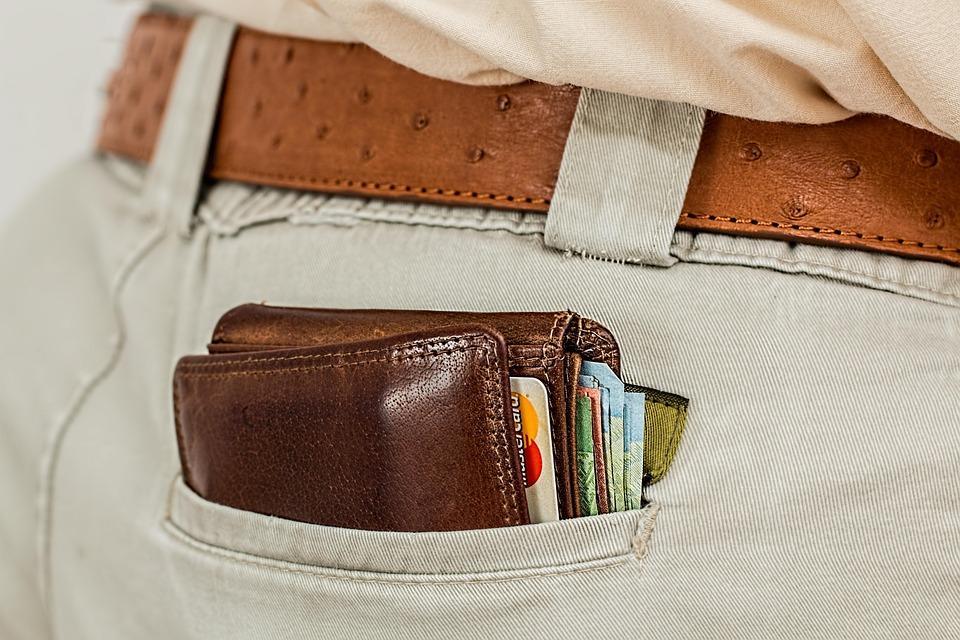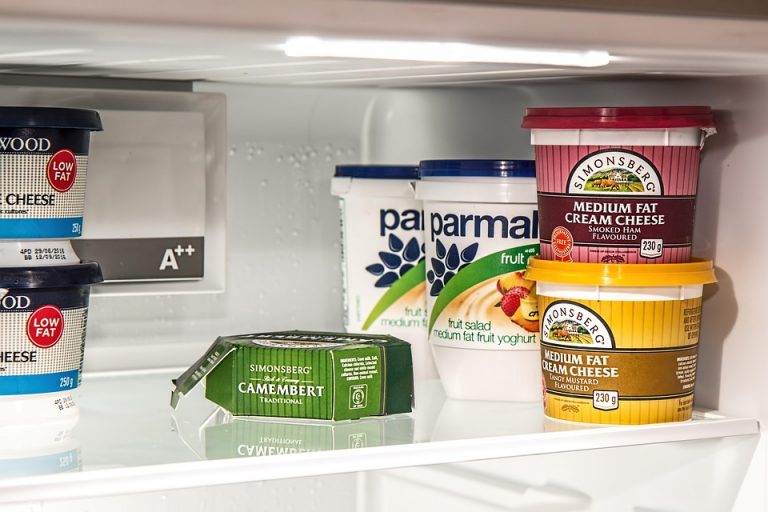Choosing your crypto wallet is one of the most crucial decisions you’ll make on your cryptocurrency journey. With so many options out there, it can feel overwhelming. But don’t worry! This guide will walk you through the essential tips to help you make an informed decision.
Contents
- What Is a Crypto Wallet?
- Why Choosing the Right Wallet Matters
- 1. Understand the Different Types of Crypto Wallets
- 2. Assess Your Security Needs
- 3. Check User Experience and Accessibility
- 4. Evaluate Supported Cryptocurrencies
- 5. Analyze the Wallet’s Reputation
- 6. Consider Transaction Fees
- 7. Look for Additional Features
- Bottom Line
What Is a Crypto Wallet?
A crypto wallet is a digital tool that allows you to store, send, and receive cryptocurrencies. Think of it as your personal bank account for digital currencies. The significance of choosing the right crypto wallet cannot be overstated. Your wallet is not just a storage space; it’s the gateway to managing your investments safely and efficiently. Make the right choice, and you can trade confidently. Choose poorly, and you may risk losing your assets or compromising your financial security.
Why Choosing the Right Wallet Matters
The world of cryptocurrency can be both exhilarating and daunting. As you delve into this uncharted territory, the right crypto wallet will offer you peace of mind, security, and accessibility. An effective wallet can mean the difference between smooth sailing and a bumpy ride.
1. Understand the Different Types of Crypto Wallets
Before you dive in, it’s essential to grasp the different types of wallets available. Here’s a quick overview:
- Hot Wallets: These are connected to the internet, making them easy to access. Great for frequent trading but more vulnerable to hacks.
- Cold Wallets: These are offline storage options. They offer enhanced security but may be less convenient for quick transactions.
- Hardware Wallets: A type of cold wallet that looks like a USB drive. They provide robust security and are ideal for long-term storage.
- Software Wallets: Apps you install on your computer or smartphone. They offer a balance of convenience and security.
Understanding these categories will help you pinpoint which wallet suits your needs best.
2. Assess Your Security Needs
When it comes to your investments, security should always be a top priority. Consider these crucial factors:
- Two-Factor Authentication (2FA): This adds an extra layer of security by requiring not just your password but also a second form of verification.
- Multi-Signature Transactions: This feature requires multiple approvals for any transaction, making unauthorized transfers nearly impossible.
- Backup Options: Ensure the wallet allows you to back up your data easily. This is crucial for recovery in case of device loss.
The more security features a wallet has, the more protected your assets will be.
3. Check User Experience and Accessibility
A crypto wallet should be user-friendly. After all, you want to spend your time investing, not fumbling through a complicated interface. Look for:
- Intuitive Design: A clean, easy-to-navigate layout helps you manage your assets efficiently.
- Mobile Compatibility: If you plan on trading on the go, make sure the wallet has a responsive mobile app.
- Customer Support: Reliable customer service is vital. A wallet with excellent support can help you troubleshoot issues quickly.
Your wallet should feel like an extension of your financial toolkit, not a cumbersome burden.
4. Evaluate Supported Cryptocurrencies
Not all wallets support every cryptocurrency. If you have a diverse portfolio, make sure the wallet can accommodate all the coins you plan to hold. Here’s what to consider:
- Popular Coins: Ensure it supports major cryptocurrencies like Bitcoin, Ethereum, and Litecoin.
- Altcoins: If you’re involved in less common coins, double-check their availability.
- Future Expansion: Some wallets frequently add new cryptocurrencies. Look for one that evolves with the market.
A wallet that supports a wide range of cryptocurrencies gives you flexibility and room for growth.
5. Analyze the Wallet’s Reputation
Reputation matters in the cryptocurrency world. Take the time to research:
- User Reviews: Dive into forums and review sites to see what other users have to say.
- Community Feedback: Join crypto communities online and ask for opinions on the wallet. You’ll gain insights from seasoned traders.
- Security Breaches: Check if the wallet has experienced breaches in the past. Learn how they handled it.
Trustworthiness is paramount. A well-regarded wallet enhances your confidence in managing your assets.
6. Consider Transaction Fees
Every wallet comes with its own fee structure. While some wallets offer free transactions, others charge fees that can add up over time. Here’s what to look for:
- Withdrawal Fees: Understand charges for withdrawing funds to external accounts.
- Transaction Fees: Some wallets charge fees for sending cryptocurrencies. Assess if these fees are reasonable compared to others in the market.
- Inactivity Fees: Some wallets impose fees if you don’t use them for a while. Be aware of these, especially for long-term storage.
Understanding the cost structure will help you keep your investments intact.
7. Look for Additional Features
Some wallets offer unique features that can enhance your experience. Consider:
- Integrated Exchange Options: Some wallets allow you to swap cryptocurrencies directly within the app.
- Staking Options: If you’re interested in earning passive income, consider a wallet that supports staking.
- Portfolio Tracking: Some wallets come with built-in portfolio management tools to help you track your investments.
These features can enhance your crypto experience and make management a breeze.
Bottom Line
Choosing your crypto wallet is a significant step in your cryptocurrency journey. By considering these seven must-know tips, you’re setting yourself up for success. Prioritize security, assess your needs, and stay informed about the options available. Your wallet is more than just a storage space; it’s an essential tool for navigating the dynamic world of cryptocurrencies.
If you take your time and research thoroughly, you can find a wallet that feels like a trusted partner in your investment journey.
Feel empowered, and remember: the right choice is out there waiting for you!
FAQ
1. What’s the safest type of crypto wallet?
Cold wallets, especially hardware wallets, are generally considered the safest options for storing cryptocurrencies.
2. Can I use multiple wallets?
Absolutely! Many people use multiple wallets for different purposes—some for trading and others for long-term storage.
3. How frequently should I back up my wallet?
It’s wise to back up your wallet regularly, especially after significant changes or transactions.
4. Are there free crypto wallets?
Yes, many wallets are free, but be sure to understand their fee structures before making your decision.
5. How do I recover my wallet if I lose access?
Most wallets provide recovery phrases or keys. Keep these stored safely, as they’ll be essential for recovery.
Make your choice wisely, and remember to trust your instincts!








